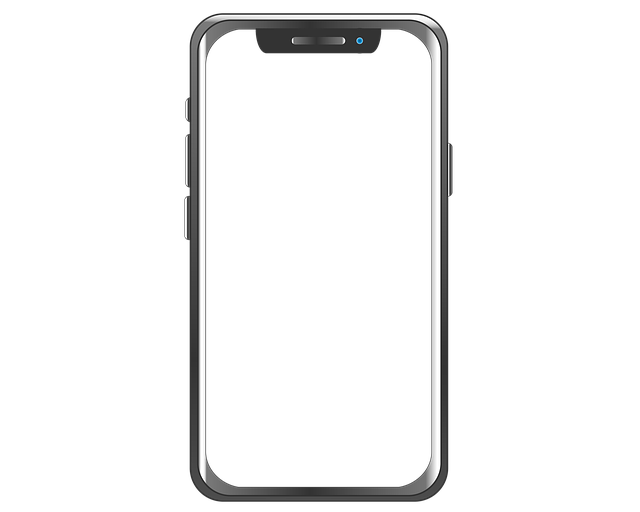Automated dialers, used for robocalls in South Dakota, transform business client engagement, but raise privacy and consumer protection concerns. South Dakota's Robocall Law and the TCPA regulate automated calls, empowering consumers to opt-out and file complaints against violators with help from local robocall law firms.
In the age of relentless digital communication, automated dialers have become a ubiquitous presence, particularly in the form of robocalls. This article delves into the technology behind these automated systems and explores their legal implications for consumers in Sioux Falls, South Dakota. With the state’s robust robocall law firm, understanding these factors is crucial to protecting consumer rights and navigating the complex landscape of modern communication regulations.
Automated Dialers Explained: Technology Behind Robocalls

Automated dialers, often associated with robocalls, have transformed the way businesses reach out to potential clients and customers. This technology uses sophisticated algorithms and software to automatically dial thousands of phone numbers in a fraction of the time it would take a human agent. Each call is pre-programmed with a script, allowing for consistent messaging across a large scale. In the context of South Dakota, the robocall law firm regulations emphasize consumer protection, ensuring that automated calls are made responsibly and with prior consent when required.
The technology behind automated dialers involves a combination of computer programming, telephone systems, and data management. Advanced software enables the system to make or receive a vast number of calls, while also tracking call outcomes for analytics. This allows businesses to refine their strategies and improve conversion rates. However, it’s crucial to balance these capabilities with consumer privacy rights, which are protected under the law in South Dakota and across the nation.
South Dakota's Robocall Law: Protecting Consumers' Rights

In South Dakota, consumers have a powerful ally in their battle against unwanted robocalls thanks to the state’s Robocall Law. This legislation is designed to protect residents from intrusive automated telephone marketing calls, offering them control over their communication preferences. The law sets clear guidelines for businesses engaging in telemarketing activities, ensuring transparency and respect for individual privacy.
By registering with the Do Not Call list, South Dakota residents can restrict automated dialers from contacting them. This simple step empowers folks to take charge of their phone lines, significantly reducing the volume of unwanted calls. The Robocall Law firm in South Dakota actively supports these rights, providing resources and assistance to consumers who face persistent or abusive robocalling practices, ensuring that marketing efforts remain ethical and respectful.
Navigating Legal Implications: What Consumers Need to Know

In Sioux Falls, as across the nation, automated dialers—often associated with robocalls—have become a ubiquitous part of daily life. However, their prevalence has also raised significant legal questions, particularly concerning consumer privacy and consent. The Telemarketing and Consumer Fraud and Abuse Prevention Act (TCFAP), also known as the Telephone Consumer Protection Act (TCPA), governs automated dialers in South Dakota and across the US, mandating that businesses obtain explicit consent before making automated calls to consumers.
Consumers should be aware of their rights under this law, which includes the ability to opt-out of future robocalls at any time. Violations can result in substantial fines for call centers and robocall law firms operating within South Dakota. If you believe your privacy has been infringed upon by unwanted automated calls, it’s crucial to document the calls, including dates, times, and content, as this information may be vital if you choose to file a complaint with relevant authorities or seek legal counsel from a South Dakota-based firm specializing in TCPA cases.






